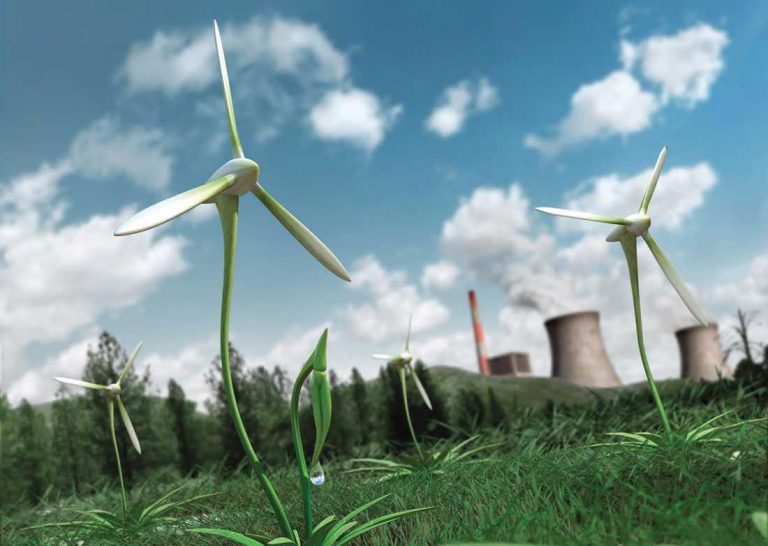Even though the environment is all around us, it’s not something that we often think about–at least not until it threatens us. Things like tornadoes, hurricanes, and floods have become parts of our everyday lives. Some attribute this to climate change; others say it’s just the earth going through its normal cycles. Regardless of the reasons behind changes in the environment, we’ve all become more aware of it. And some of that has to do with technology. Here are four ways technology has made us more aware of our environment.
Contents
1. Weather Radar
Weather radar arguably has done more to alert us about the type of weather we’re in store for than any other device or tool. It may surprise you to learn that weather radar wasn’t in wide use until the 1950s, and that was largely due to a couple of hurricanes that hit the East Coast. People figured that they needed a way to predict storms that could have such devastating effects.
This led to the development of the weather radar we know today, which uses advanced technology and Doppler capabilities to predict the patterns of weather. Because of weather radar, we’re able to see the strength of a hurricane, predict how impactful it might be, and warn people in the line of its trajectory.
2. Environmental Apps
When people say applications are used for everything, they’re pretty much right. So it’s not surprising that there are “green” apps that are used to connect us in a greater way to the environment. For example, there’s a whole group of apps that will let you know what areas are suffering from a dearth of trees. The goal is to make users more aware of the importance of trees to the environment.
Of course, there are more than just apps concerned about the natural environment. Environmental apps also make users aware of things like pollution, blight, and even graffiti in their neighborhoods and beyond. These apps shine a light on issues that people may not be aware of or issues that people simply overlook.
3. Weather API
The weather is something that affects us all on a daily basis, so it’s important that we stay up to date about what’s going on with it. To aid people in this regard, many websites employ a weather application program interface that allows visitors to view weather forecasts and other weather-related information about their city and other cities that may be of interest to them.
Weather APIs have become more popular not only because of people’s constant interest in the weather but also because of the many unusual weather changes and weather-related dangers that seem to affect us more and more. In the past, having knowledge about the weather might have been considered a luxury, but today it’s a necessity.
4. Weather Satellites
Weather satellites are another tool that aids us in weather forecasting but one that many people probably fail to think about. Of course, this is understandable being that they’re not visible from earth. Still, weather satellites can work in conjunction with weather radar to provide a fuller picture of the weather and its patterns around the globe. And they’ve become popular all over the world.
These satellites orbit the earth 24 hours a day taking pictures as they go, so they’re literally an eye in the sky providing weather-related imagery that we otherwise wouldn’t have. Ironically, the first weather satellite was launched into orbit on April Fool’s Day, April 1, 1960. Since that time, several more weather satellites have been launched into space, providing invaluable information about the Earth and its climate.
The environment is something that many of us take for granted, even though we’re surrounded by it every day. But more and more people are becoming aware of the environment and the things that can affect it both negatively and positively. Part of this awareness comes from technology.
Technological innovations such as weather radar, phone apps, weather API, and satellites have given us a better understanding of the weather and the earth. Earth is the planet we call home, so it only makes sense for us to get to know it better and take care of it.

